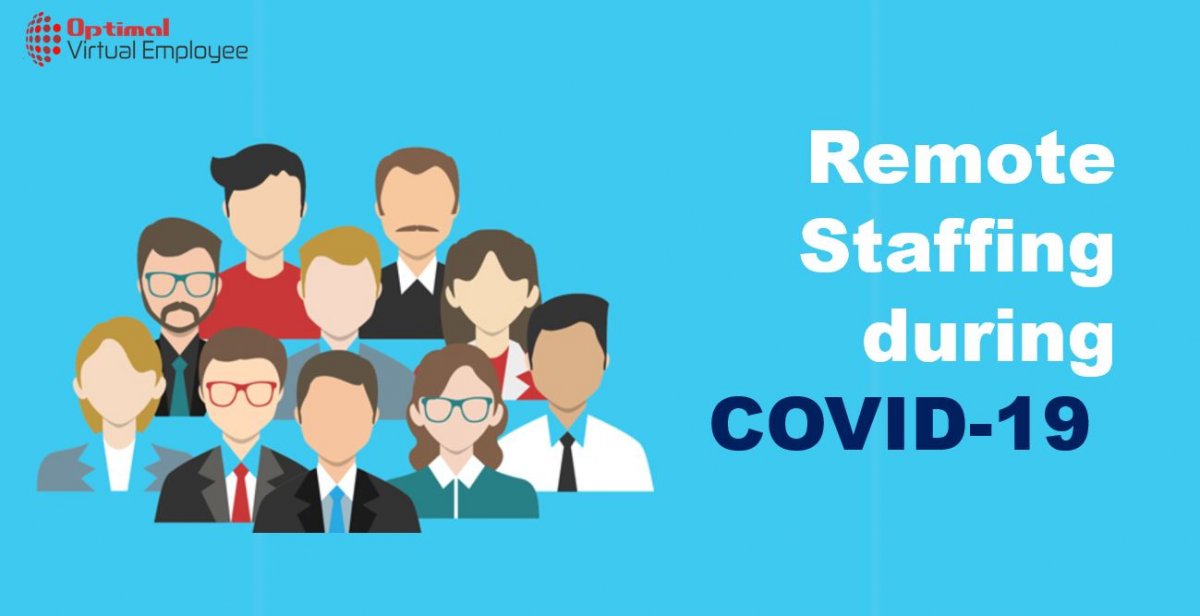Over the last few weeks, businesses have experienced something that was never imagined before. A virus that got transmitted from animals to humans, was so infectious that it started spreading viciously all over the world even before we knew what was happening. And the result? Well, empty markets, ghost cities, shuttered factories, and a crippled transport system. Starting from Wuhan in China, the virus spread rapidly across the world and countries like Italy, Spain, Australia, UK & the US have been affected by this pandemic. Every business owner is anxious about their future and is looking for ways to tide over this crisis in the shortest possible time.
This crisis has also thrown up an opportunity for businesses to re-evaluate their style of working and see if they can build in better systems for the future. A pandemic is once-in-a-century phenomena but there can be many more reasons for disruptions in business. It could be natural or man-made disasters, war, civil strife or anything else.
An interesting business continuity option is to spread the risk. This means that instead of keeping all your eggs in one basket, you should diversify. And by diversify, it doesn’t only mean business-wise, but staff-wise also. For example, if a company has 100 people on its payroll, it could look at outsourcing about 30 to 40% of its staff to countries like India. That will not only diversify the workforce but will also hedge the risk arising from any disruption in the future. In other words, remote staff hiring can be a good way to ensure your business continuity in times of crisis.
Where & How to Hire?
If you search for virtual employees or remote staff or outsourcing companies, you will come across a wide range of options. Some companies might be offering low-end secretarial services, while others might be offering high-end software programmers. Either way, you can find your niche and see which one of them provides the best solution. Another aspect is to look for their existing clients and testimonials so that you can get an idea of their expertise.
How to Manage Them Remotely?
You might be wondering that if you outsource a significant part of your workforce, how are you going to manage them? Well, there are several remote staff management tools that allow you to keep tabs on their work progress on a daily basis. Since most of the staff will work on hourly rates, it is a good idea to implement time-management tools at the beginning of your relationship with them. For software projects, there are some open-source repositories of code so that you do not get hampered by a remote staff quitting or going on leave.
How Safe is it to Hire Remote Staff?
Safety is a relative term, and it is better to be safe rather than sorry. Before you go ahead and entrust your project to somebody, be sure that they are working full-time in a regulated office, with proper payroll and accounts. Also see if the office has standard security measures, such as employee screening and reference checks. Besides that, if you have an IT project, make sure that the remote staffing company has adequate servers, backup systems and anti-virus protection in place.
What are the Quality Processes to Manage Them?
Certifications are a good way to start. When an outsourcing provider has ISO certification and CMMI certification, you can be assured that they have regular processes in place and have a professional hierarchy. You can also check out the qualifications and certifications of their remote staff. These checks will ensure that you are dealing with quality-conscious outsourcing providers and not some fly-by-night operators.
What are the Cost Advantages?
When businesses hire remote staff, one of the most important reasons is often a cost advantage. Due to the difference in currency between the US and India, for example, American businesses can enjoy savings of up to 70% on each staff that they outsource! The savings stem from the fact that salaries in Indian Rupee are almost half of what they are in the US Dollar. Secondly, when you hire remote staff, you do not have to provide medical insurance and paid leaves for them. Besides, you also save on office infrastructure and overhead costs such as HR, Payroll, Accounts, Administration, etc.
Conclusion
Therefore, in times of a pandemic like the COVID-19, it makes perfect sense to outsource your work to remote staff and ensure business continuity and enjoy cost savings as well. Just like the COVID, there can be more natural disasters like tsunamis, forest fires, earthquakes, etc. which can derail business operations. However, an astute business person will always be prepared for such exigencies with a backup plan! And that plan generally means outsourcing.









